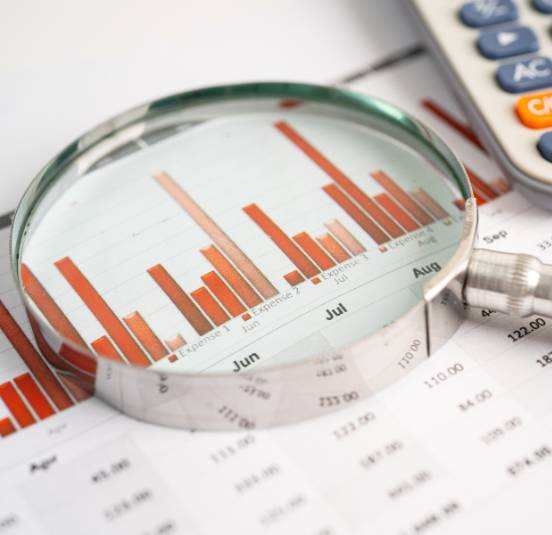What Does a Data Analyst Do?
In today’s data-driven world, businesses are collecting more information than ever before. With the rise of big data, companies need skilled professionals who can turn raw numbers into actionable insights and that’s where data analysts come in.
A data analyst gathers and interprets data to help organisations make informed decisions. This could include decisions related to operations, costs, marketing, staffing, or strategic investments all contributing to competitive advantage.
As demand for data insights grows, data analysts have become essential across virtually every industry.

Data Analyst Responsibilities
Common duties of a data analyst include:
- Identifying and collecting data from relevant sources
- Organising and preparing data for analysis
- Cleaning data to ensure accuracy and consistency
- Setting up and maintaining databases and data infrastructure
- Conducting analysis to answer key business questions
- Generating insights and identifying trends and patterns
- Preparing reports for internal teams and senior stakeholders
- Creating dashboards and data visualisations
- Collaborating with technical and non-technical teams

Skills Required for a Data Analyst
A well-rounded data analyst blends technical expertise with communication and business acumen. Core skills include:
- Strong numerical and mathematical skills
- Proficiency with databases such as SQL Server, Oracle, SAP
- Experience with data visualisation tools like Power BI, Tableau, Business Objects
- Understanding of web technologies such as XML, JavaScript, JSON
- Familiarity with ETL tools (e.g. Alteryx, Microsoft SSIS)
- Knowledge of digital analytics platforms (Google Analytics, Adobe Marketing Suite)
- Strong analytical and critical thinking
- Attention to detail
- Ability to simplify complex data for non-technical audiences
- Problem-solving and decision-making skills
- Strong stakeholder communication and collaboration

Qualifications
While a formal degree isn’t mandatory, most data analysts hold qualifications in:
- Data Science
- Mathematics or Statistics
- Economics
- Information Systems
Candidates with strong academic backgrounds are often preferred for entry-level roles. A growing number of professionals also pursue specialist data certifications or post-graduate qualifications to enhance their skills.
Career Progression for a Data Analyst
Data analysis offers clear and varied career progression. Depending on interests and skillsets, analysts can move into roles such as:
- Senior Data Analyst
- Data Scientist
- Data Engineer
- Data Visualisation Specialist
- Business Intelligence Analyst
- Head of Data or Analytics
- Chief Data Officer
With experience, many data professionals expand into strategic and leadership positions across both technical and commercial domains.
Reporting Structure
Data analysts may report to a variety of stakeholders, including:
- Project or Department Leaders (e.g. CMO, Head of Product)
- Chief Data Officer or Head of Analytics
- Data Science or Business Intelligence Managers
Collaboration is key—data analysts work closely with marketing, IT, finance, operations, and executive teams to ensure data is used effectively across the organisation.
Looking to Hire a Data Analyst?
Whether you’re scaling your data team or hiring your first analyst, Hudson can help you find the right data talent to unlock insights and drive results.
👉 Talk to our team to get started
Or if you're a data professional, browse our open roles here.


